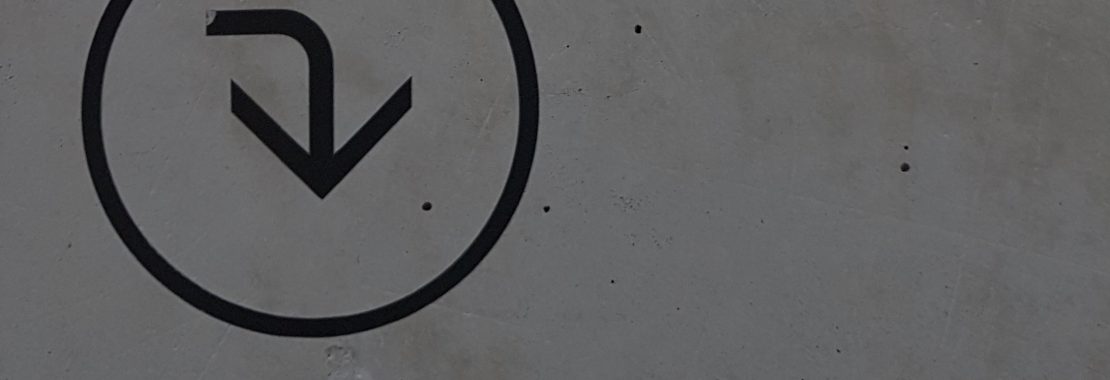“How much should we be spending” and “what are the costs of running Facebook ads” are two of the most frequent questions we get asked, but also happen to be two of the hardest questions to answer in black and white terms.
These are pretty big questions and laced with many ‘it depends’. However, there are definitely some solid reference points new advertisers should be looking at when planning potential costs.

The truth is that costs will vary from sector to sector, and the amount you should be planning to invest depends on a variety of factors.
Despite it being somewhat of a loaded question, I thought it would be useful for people who are looking to forecast costs to put together a post on how we approach this here at Overdrive Digital.
For starters, having the following information to hand will help you enormously when looking to make an informed decision:
- What is an acceptable and profitable CPA (cost per acquisition) for the business?
- Do we have any historical data to use in our calculations?
- Is our strategy to grow profitably, or aggressively acquire new customers?
- What CPMs can we expect to pay for our industry and campaign types?
- How much cash are we willing invest in the learning phase?
At least having some discussions around the above will start to put you in a position where you can model various spend scenarios and how that might look for your business.
Once you’ve given this some thought, you can then start to forecast potential costs and appropriate spend levels.
In these situations, I’m a big believer of sticking as close to facts as possible. Here’s how we start to look at forecasting costs with our clients.
CPM
When it comes to the actual cost of running Facebook Ads, Facebook is going to be charging you on a CPM basis (cost per thousand impressions).
Often this is confused by the different campaign objectives on offer, but the true cost of running ads comes back to CPM. As an example, even if you are running a lead campaign, although the outcome you are looking for is leads, your costs are still going to be based on CPM.
Now, the costs of CPM will vary largely depending on competition and available inventory (i.e available space in peoples feeds).
If you start to think of Facebook Ads as an active marketplace, you’ll start to get the picture. The more advertisers there are, the more competition and the higher the costs will be.
This is never clearer than when looking at CPM costs across the Black Friday weekend when the number of advertisers and spend on the platform skyrockets. The data below shows just how much CPM (and therefore the cost of advertising) jumped up over this period last year:

As you can see, CPM rises sharply in the run up to the Black Friday weekend and then tails off quickly as the spike in advertisers drops back to normal levels.
At the time of writing this post we’re in the midst of the Covid-19 lockdown. As you can imagine, this has had a major impact on the number of advertisers and the amount they are willing to spend.
As a result, competition and therefore costs have dropped significantly since the UK entered lockdown:

If you’re new to advertising on Facebook and trying to get a sense of costs, researching CPMs for your sector and how they vary with market trends is a very sensible place to start.
It’s also worth pointing out that different campaign objectives carry different costs. For example, traffic campaigns carry a far lower CPM than conversion campaigns. Definitely a point to keep in mind when conducting your research.
Spend vs. Results
Once you’ve researched the actual cost of advertising on Facebook via CPMs that you are likely to pay, the next step is to try and work out what a sensible budget for YOU should look like.
Again, this is going to vary for every business so it’s important to not rely on broad strokes and actually work out what you should be spending in your individual case.
The best advice here is to always reverse engineer back from expected results.
Taking a pessimistic approach (always best!) you need to work out what you think you can achieve from your spend, and then use this information to decide on what you are willing to invest.
Hopefully you will have the following information to hand:
- Expected CPM
- Expected CTR
- Expected Conversion Rate
- Expected Average Order Value
Of course, tracking progress against these assumptions as you go is vital so you can quickly identify areas where improvement is needed.
Using the information above, you can then start to calculate how much revenue you are likely to receive back from your spend.
Once you have that figure you can start to make decisions on spend based on results and move away from the ‘let’s just pop £1k in and see what happens’ approach. That’s a very good thing.
Related Costs
Of course, when running ad campaigns there are a number of other potential costs involved that you will need to consider and bake into your calculations.

This is by no means an exhaustive list, but you’d be amazed at how many people leave these factors out of their planning!
Creative – success on Facebook Ads is influenced heavily by the quality and amount of creative you have available to test. By no means do you have to spend a fortune, but you do need to factor this in.
To get up and running you’ll need as a minimum a bank of images, designed creative for various placements (i.e feeds and stories), hopefully some video and a selection of ad copy signed off and ready to go.
There’s a ton of low cost options available such as Canva to help you get going if you don’t want to invest in design staff initially.
Staff – if you’re investing ad spend in the platform, you absolutely need to make sure you have someone to own the channel. Ideally you’ll have someone with experience in the platform already, but you may need to consider bringing someone in to help manage your campaigns.
Although this isn’t always a direct cost and may come from another line in your budget, resource is something that does need to be planned and budgeted for. So often this gets missed out, and the end result is only going to be poorer performance than you could have achieved.
Invest in expertise and it will pay off!
Development work – depending on your website platform, you may need a small amount of development work to help get your tracking in place and working correctly.
Platforms such as Shopify and WordPress make this easy, but if you’re running on a more customised platform you will want to put this as a line on your plan.
It shouldn’t require a hefty investment, but you absolutely want to make sure you have your tracking in 100% working order before investing any media spend.
Agency Fees – on a similar point to the staffing costs, if you don’t have the resource and expertise internally then hiring in an external agency may well be needed to get things up and running.
A good agency will cover their fees (and then some!) via improved performance so although it’s an initial investment, it is an investment i.e it should more than pay off.
If you’re new to the world of working with agencies you’re going to find a few different charging models available to you. We definitely recommend steering clear of a % of media spend fee arrangement and going with a flat fee or even better, a fee based on performance.
Discounting – if running offers and discounting are part of your plans for Facebook Ads, then any discount applied should in theory be seen as a channel cost.
The waters definitely start to get a bit muddied here but it’s definitely something you need to consider. When planning and forecasting your potential results, make sure you include any discounting into your required CPA and ROAS (return on ad spend) models.
Clearly there are going to be more factors to consider depending on the complexity of your campaigns, however hopefully this post is useful food for thought and helps to get you on your way to answering the “how much do facebook ads cost” question.
Happy advertising!



